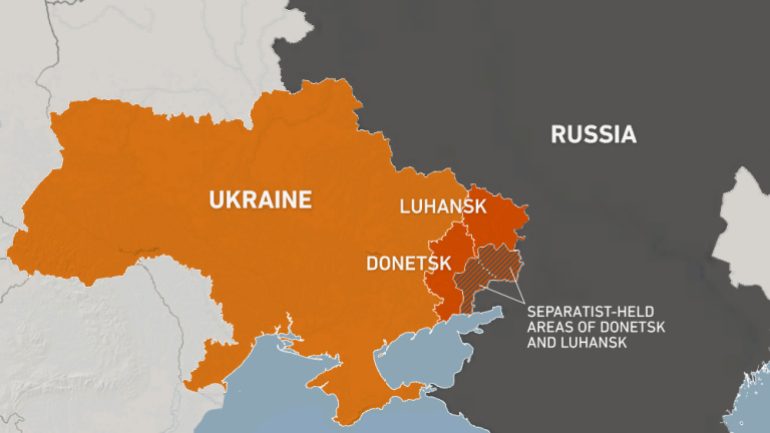
Diplomacy is often a game of who gets a seat at the table. In Riyadh this week, the United States and Russia sat down to discuss the war in Ukraine, but the most important player.
The one whose land is being bombed, whose people are dying, and whose sovereignty is at stake—was conspicuously absent. Ukraine wasn’t invited.And that absence speaks volumes about the state of global power politics in 2025.
The talks, hosted by Saudi Arabia, are being framed as a step toward de-escalation in a war that has dragged on for over three years. U.S. Secretary of State Marco Rubio and Russian Foreign Minister Sergey Lavrov are leading the discussions, with Saudi Arabia playing the role of mediator. But the exclusion of Ukraine from these negotiations is not just a diplomatic oversight—it’s a dangerous precedent that could undermine the very principles the West claims to be defending.
Why Is Ukraine Missing?
The official explanation is that these talks are exploratory, a chance for the U.S. and Russia to test the waters for potential compromises. But the reality is more complicated. The Biden administration, which has been steadfast in its support for Ukraine, is now under pressure to find a way out of the conflict. Rising costs, both financial and political, have made the war increasingly unpopular at home. Meanwhile, Russia, bogged down in a war it expected to win quickly, is looking for a way to secure its gains without appearing weak.
Saudi Arabia, eager to position itself as a global power broker, offered to host the talks. The kingdom has maintained relationships with both Russia and the West throughout the conflict, making it a convenient venue. But by excluding Ukraine, the talks risk legitimizing a narrative that this war is a matter to be settled between great powers, rather than a fight for the sovereignty of a nation.
The Risks of a Deal Without Ukraine
The exclusion of Ukraine is not just a snub—it’s a strategic gamble. Any agreement reached without Ukraine’s involvement is unlikely to hold. President Volodymyr Zelensky has already made it clear that his government will not recognize any deal made behind its back. “Decisions about Ukraine must include Ukraine,” he said in a statement, echoing a principle that should be obvious but is too often ignored in international diplomacy.
This isn’t just about Ukraine’s pride or agency. It’s about the practicalities of peace. A deal that Ukraine doesn’t support is a deal that won’t be implemented. And a deal that doesn’t address the root causes of the conflict—Russia’s invasion and occupation of Ukrainian territory—will only set the stage for future wars.
The U.S. and Russia’s Calculations
For the U.S., these talks are a balancing act. On one hand, the Biden administration wants to show that it is committed to ending the war. On the other, it risks alienating its European allies and Ukraine by engaging in talks that seem to prioritize great-power politics over the principles of sovereignty and self-determination.
For Russia, the talks are an opportunity to solidify its gains. Despite its military setbacks, Russia still controls significant portions of Ukrainian territory. By engaging in talks without Ukraine, Moscow can push for a settlement that legitimizes its occupation, all while continuing its military operations on the ground.
Saudi Arabia’s Role
Saudi Arabia’s involvement is a story in itself. The kingdom has been working to rebrand itself as a global mediator, hosting high-profile summits and engaging in diplomatic efforts far beyond its borders. By hosting these talks, Saudi Arabia is signaling its ambition to be a key player in global geopolitics. But its neutrality is questionable. The kingdom has maintained close ties with Russia, particularly in the energy sector, while also courting the West.
The Broader Implications
The exclusion of Ukraine from these talks is a stark reminder of how power operates in international relations. For all the rhetoric about defending democracy and sovereignty, the reality is that decisions are often made by the most powerful players, with little regard for those most affected.
This approach is not just morally questionable—it’s strategically flawed. A peace deal that ignores Ukraine’s interests is unlikely to succeed. And by sidelining Ukraine, the U.S. risks alienating its allies in Europe, who have been steadfast in their support for Kyiv.
The talks in Riyadh may be an attempt to find a way out of a grinding, costly war. But without Ukraine at the table, they are unlikely to produce a lasting solution. Instead, they risk setting a dangerous precedent: that the sovereignty of smaller nations can be negotiated away by larger powers. And that’s a precedent the world can’t afford to set.
